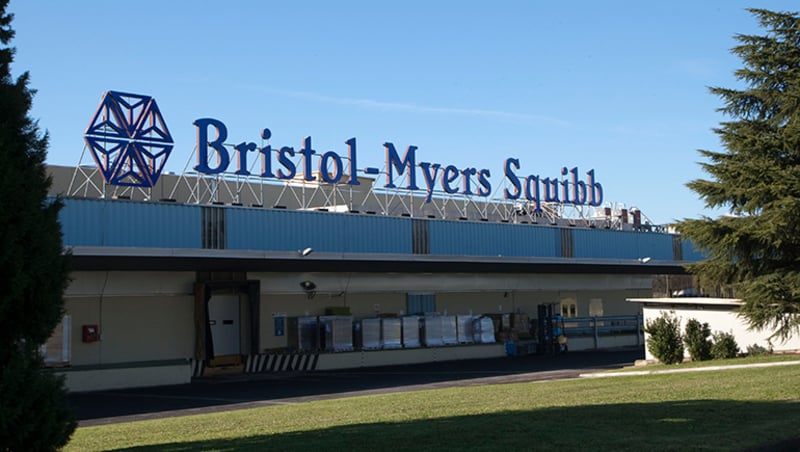The FDA has accepted Bristol-Myers Squibb’s lisocabtagene maraleucel for priority review, setting the stage for a mid-August decision on whether to approve the CAR-T therapy. Bristol-Myers arrives at the FDA with data to suggest the cell therapy can hold its own against Gilead’s Yescarta and Novartis’ Kymriah.
Lisocabtagene maraleucel, better known as liso-cel, has been through several sets of hands on its way to the FDA. Juno Therapeutics, a former front-runner in the CAR-T race, was advancing the drug at one point but sold up to Celgene, which was in turn acquired by Bristol-Myers.
The Juno anti-CD19 CAR-T program fell behind its rivals along the way, held back by safety data, but arrives at the FDA with results in 268 large B-cell lymphoma patients that look competitive. The trial linked liso-cel to a 53% complete response rate and a 30% rate of neurotoxicity. Those figures look competitive against Kymriah and Yescarta, although cross-trial comparisons can be unreliable.
Regardless of how competitive the data are, Bristol-Myers still faces the prospect of being the third drug to market in a class that has so far failed to live up to commercial expectations. Despite ceding a head start to its rivals, Stanley Frankel, senior vice president of cellular therapy development at Bristol-Myers, still thinks his employer can carve out a space for liso-cel.
“There remains a critical need for additional therapies in large B-cell lymphoma, particularly for relapsed or refractory patients. Based on the TRANSCEND NHL 001 data, liso-cel has the potential to expand treatment options for those affected by this aggressive blood cancer who did not respond to initial therapies or whose disease has relapsed,” Frankel said in a statement.
The FDA pointed to its assessment of the level of unmet medical need when it agreed to put liso-cel through its priority review process. With liso-cel set to benefit from an accelerated review, the FDA has put the PDUFA date at Aug. 17. That means liso-cel is on track to win approval in time to trigger another $9-per-share cash payout under the terms of Bristol-Myers’ acquisition of Celgene.

